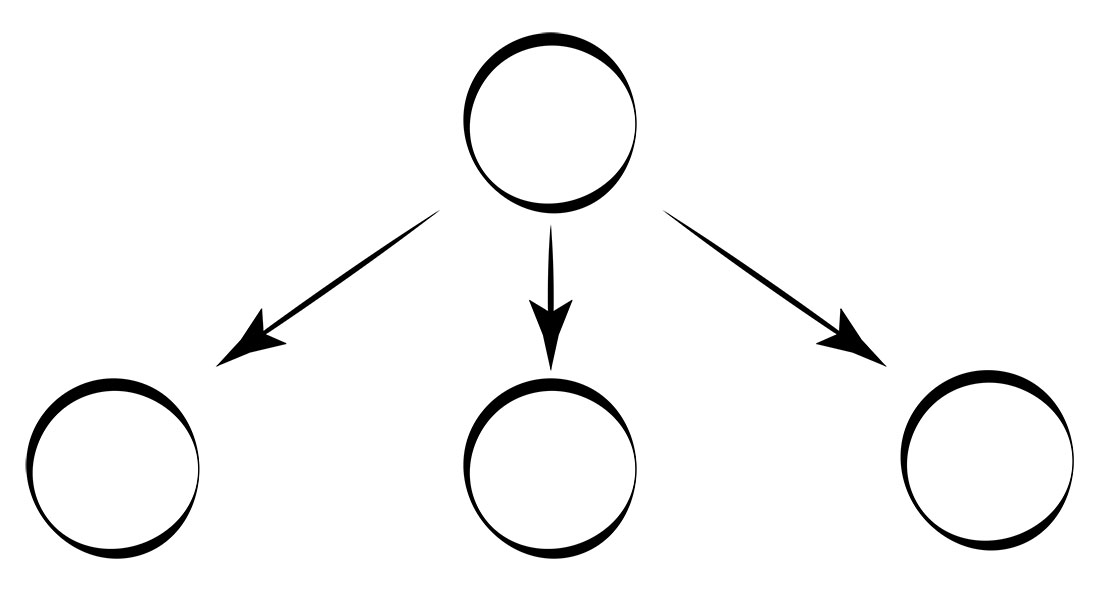Sure, one is an academic who is required to demonstrate research methodology and one is an enthusiastic hobbyist making generalizations based on amateuristic observations.
That's fair, and I agree! But that also ties into the "endless loop" that has been described by Torner, et al., in the hobby.
A. Amateur hobbyist declaring that there's a problem in TTRPGs.
B. This problem is caused by inconsistent desires/agendas/types of players.
C. Therefore, a new typology of players will be announced (almost always with some types being more equal than others, in the George Orwell sense).
D. Based on that typology, a theory (or theories) of TTRPGs and/or game design will bloom, under the concept that the system itself will enable/encourage/assist in certain types of play.
E. Rinse, repeat.
In addition, because of the hobbyist nature, the past lessons keep getting forgotten. We just keep re-inventing the wheel.
This reminds me of sitting in classes where students were more concerned about their feelings regarding a political theorist or whether they thought the theorist was right/wrong rather than what the political theorist actually said in the text, which was what we were supposed to be discussing. Moreover, it's a bit irrelevant to the point that I was making, as this part of my post may have escaped your notice:
The credence of GNS's categories is not the issue in my post, but, rather, your claims that GNS states that there is ONLY three reasons why people play roleplaying games. As far as I'm concerned, you can both be wrong. Edwards can be wrong about GNS while you can be wrong about what they said, especially if neither of you properly did your homework. These aren't mutually exclusive options.
I am perfectly willing to accept that both I am wrong, and Edwards is wrong. In fact, far from being mutually exclusive, I'd say that it's probably the most likely scenario. After all, I am just another amateur criticizing an amateur.
There's a lot of people that know more about the subject than me- which is why I post links and recommend people check it out!



